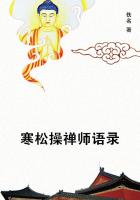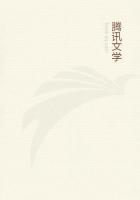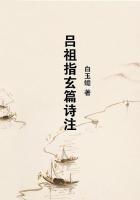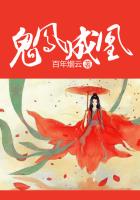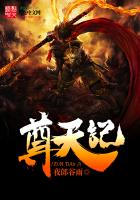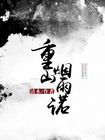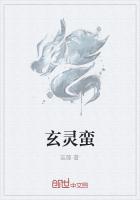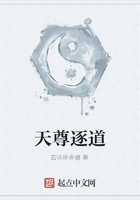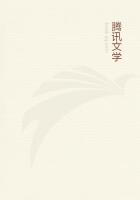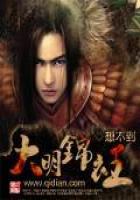What then followed George is unable to describe in detail. He has a confused recollection of having, immediately on starting, received a violent blow in the small of the back from the butt-end of number five's scull, at the same time that his own seat seemed to disappear from under him by magic, and leave him sitting on the boards. He also noticed, as a curious circumstance, that number two was at the same instant lying on his back at the bottom of the boat, with his legs in the air, apparently in a fit.
They passed under Kew Bridge, broadside, at the rate of eight miles an hour. Joskins being the only one who was rowing. George, on recovering his seat, tried to help him, but, on dipping his oar into the water, it immediately, to his intense surprise, disappeared under the boat, and nearly took him with it.
And then "cox" threw both rudder lines over-board, and burst into tears.
How they got back George never knew, but it took them just forty minutes.
A dense crowd watched the entertainment from Kew Bridge with much interest, and everybody shouted out to them different directions. Three times they managed to get the boat back through the arch, and three times they were carried under it again, and every time "cox" looked up and saw the bridge above him he broke out into renewed sobs.
George said he little thought that afternoon that he should ever come to really like boating.
Harris is more accustomed to sea rowing than to river work, and says that, as an exercise, he prefers it. I don't. I remember taking a small boat out at Eastbourne last summer: I used to do a good deal of sea rowing years ago, and I thought I should be all right; but I found I had forgotten the art entirely. When one scull was deep down underneath the water, the other would be flourishing wildly about in the air. To get a grip of the water with both at the same time I had to stand up. The parade was crowded with nobility and gentry, and I had to pull past them in this ridiculous fashion. I landed half-way down the beach, and secured the services of an old boatman to take me back.
I like to watch an old boatman rowing, especially one who has been hired by the hour. There is something so beautifully calm and restful about his method. It is so free from that fretful haste, that vehement striving, that is every day becoming more and more the bane of nineteenth-century life. He is not for ever straining himself to pass all the other boats. If another boat overtakes him and passes him it does not annoy him; as a matter of fact, they all do overtake him and pass him - all those that are going his way. This would trouble and irritate some people; the sublime equanimity of the hired boatman under the ordeal affords us a beautiful lesson against ambition and uppishness.
Plain practical rowing of the get-the-boat-along order is not a very difficult art to acquire, but it takes a good deal of practice before a man feels comfortable, when rowing past girls. It is the "time" that worries a youngster. "It's jolly funny," he says, as for the twentieth time within five minutes he disentangles his sculls from yours; "I can get on all right when I'm by myself!"
To see two novices try to keep time with one another is very amusing.
Bow finds it impossible to keep pace with stroke, because stroke rows in such an extraordinary fashion. Stroke is intensely indignant at this, and explains that what he has been endeavouring to do for the last ten minutes is to adapt his method to bow's limited capacity. Bow, in turn, then becomes insulted, and requests stroke not to trouble his head about him (bow), but to devote his mind to setting a sensible stroke.
"Or, shall I take stroke?" he adds, with the evident idea that that would at once put the whole matter right.
They splash along for another hundred yards with still moderate success, and then the whole secret of their trouble bursts upon stroke like a flash of inspiration.
"I tell you what it is: you've got my sculls," he cries, turning to bow;
"pass yours over."
"Well, do you know, I've been wondering how it was I couldn't get on with these," answers bow, quite brightening up, and most willingly assisting in the exchange. "NOW we shall be all right."
But they are not - not even then. Stroke has to stretch his arms nearly out of their sockets to reach his sculls now; while bow's pair, at each recovery, hit him a violent blow in the chest. So they change back again, and come to the conclusion that the man has given them the wrong set altogether; and over their mutual abuse of this man they become quite friendly and sympathetic.
George said he had often longed to take to punting for a change. Punting is not as easy as it looks. As in rowing, you soon learn how to get along and handle the craft, but it takes long practice before you can do this with dignity and without getting the water all up your sleeve.
One young man I knew had a very sad accident happen to him the first time he went punting. He had been getting on so well that he had grown quite cheeky over the business, and was walking up and down the punt, working his pole with a careless grace that was quite fascinating to watch. Up he would march to the head of the punt, plant his pole, and then run along right to the other end, just like an old punter. Oh! it was grand.
And it would all have gone on being grand if he had not unfortunately, while looking round to enjoy the scenery, taken just one step more than there was any necessity for, and walked off the punt altogether. The pole was firmly fixed in the mud, and he was left clinging to it while the punt drifted away. It was an undignified position for him. A rude boy on the bank immediately yelled out to a lagging chum to "hurry up and see real monkey on a stick."
I could not go to his assistance, because, as ill-luck would have it, we had not taken the proper precaution to bring out a spare pole with us. I could only sit and look at him. His expression as the pole slowly sank with him I shall never forget; there was so much thought in it.

